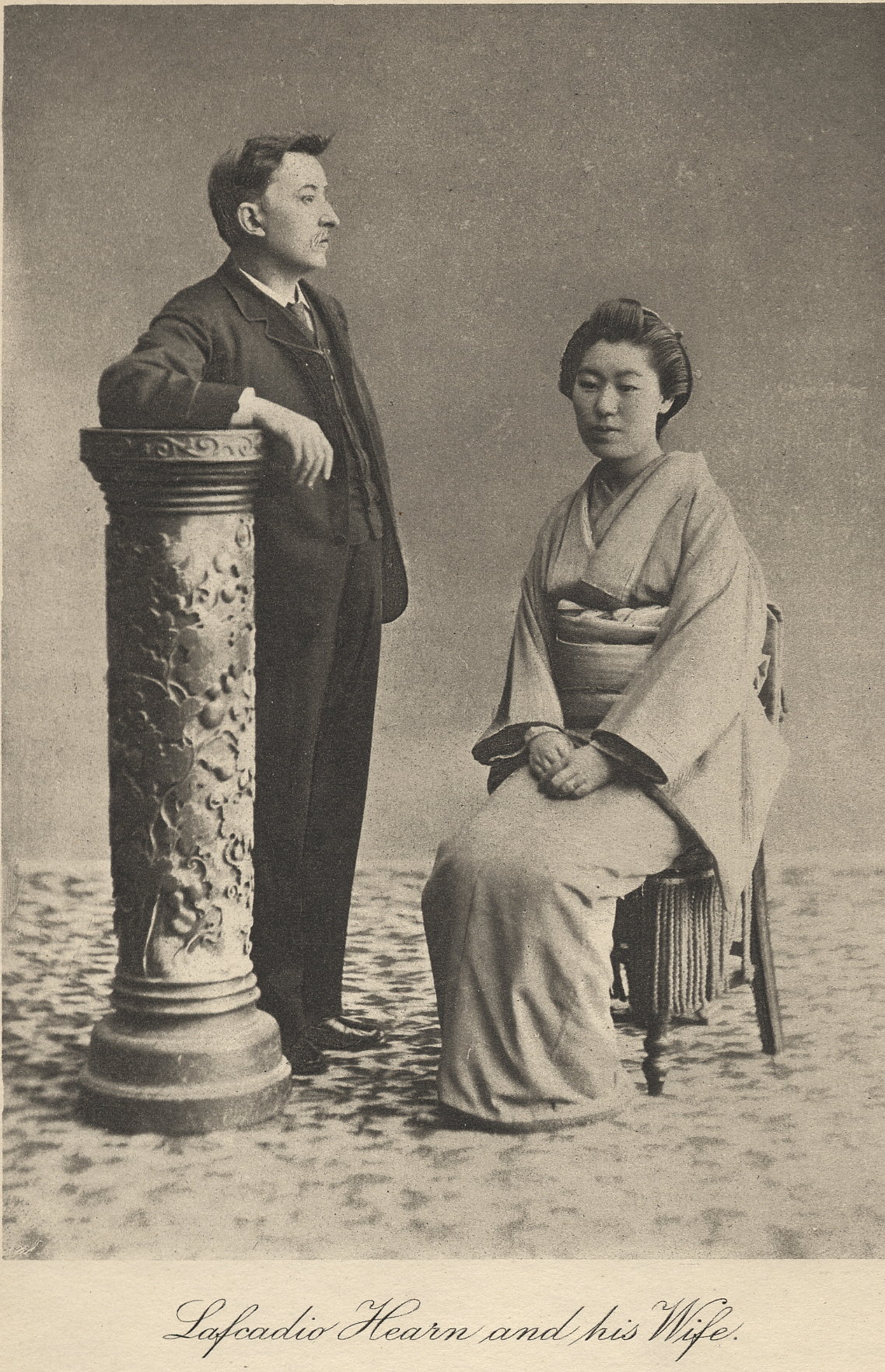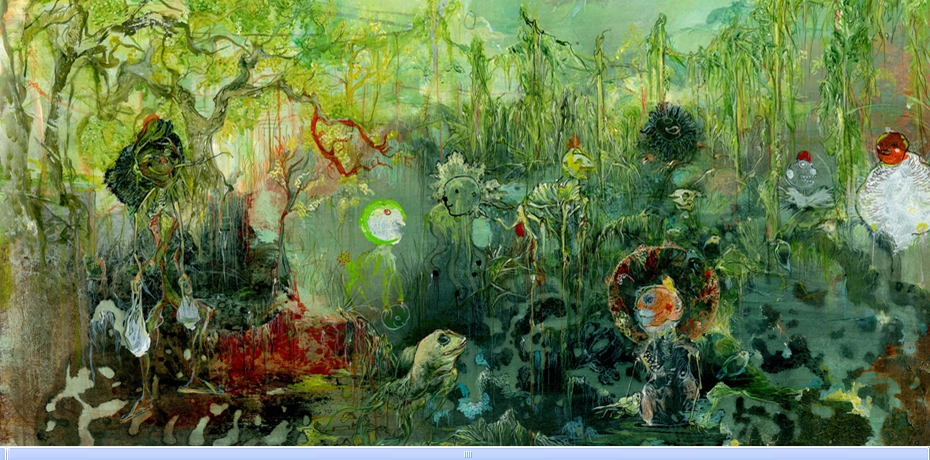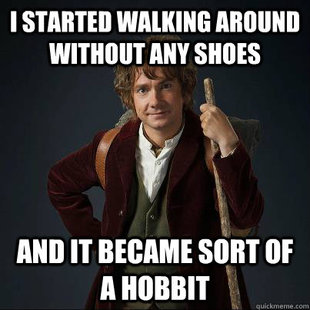The most interesting element to me about the Kwadain is that although the stories are based in Japanese mythology and folklore, the man who compiled this famous set of stories was in fact not Japanese. Lafcadio Hearn was a unique man who for most of his early life wandered around internationally before finding a home in Japan. Born in Lefkada in 1850, moved to Ireland, and emigrated to America, Hearn was a very cultured and eccentric man of his time. He eventually travelled to Japan as a newspaper correspondent, married Koizumi Setsu and became a Japanese citizen.
I wonder how much of his Western aesthetic affected the retelling of the stories in the Kwaidan. From what I gather, Japan was still shrouded in mystery to the Western world in the late 1800s. In our class discussions, we talked about how in Japanese folklore, there is no clear good vs. evil story line. From reading the Kwaidan it is clear he hadn't strayed away from that concept, but it would be fascinating to see the reviews of Kwaidan from western audiences at the time of its publishing. I
In our day a lot of cultures are interconnected. There is much more exposure to international audiences, and thanks to the internet we can have friends from all over the world. Unless you live in a media bubble (which I hope you do not) there's a good chance you have become more exposed to other cultures. In the 1880s, they did not have this opportunity- but perhaps having a Western man publishing Japanese folklore would bridge the gab of the cultures.

Thinking about the cross between cultures led me to read What the Moon Brings by H.P. Lovecraft. I noticed this short story was listed under the J Horror week, but as most people would know Lovecraft was an American Author. I was curious at first why this short story was chosen for J Horror week, but after reading I think I might have an idea why.
What the Moon Brings is a horror story without a clearly defined good vs evil theme. It revolves purely around the horror of the inevitable- death. A man was walking through an old garden on a clear night with a shining moon, when the shadows and lotuses twist into terrifying faces of the dead. These ghost-like flowers along with a haunting black condor are reminiscent of the japanese spirits that embody different aspects of nature. There are also descriptions of creatures that are reminiscent of folklore beasts. Lovecraft describes a hoofed beast crawling from the muddy water, which reminds me of the Kelpies in Celtic folklore or the water spirits known as Kappas in Japanese folklore. He also makes a reference to a pagoda in the old garden, which is an architecture that originates in Asia.
Although Lovecraft has said this particular story was based on one of his own dreams, I would not be surprised if Japanese culture had found a way to to slip into his subconscious to inspire it.















